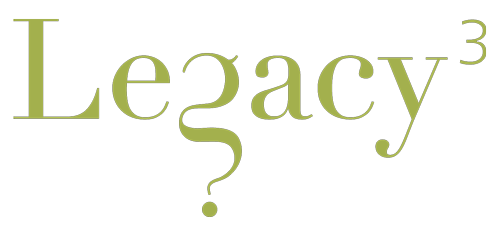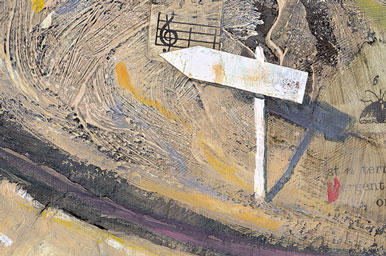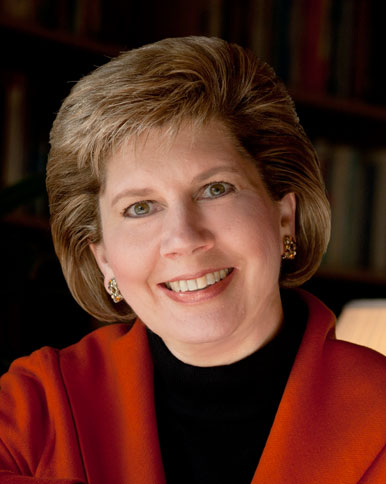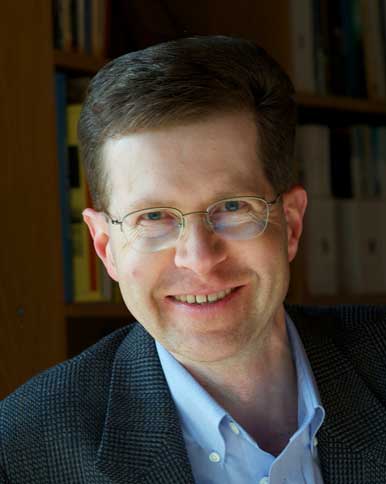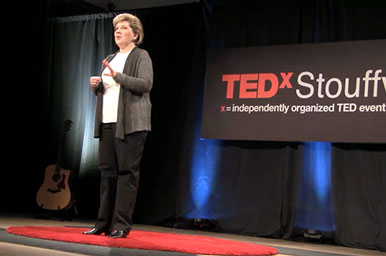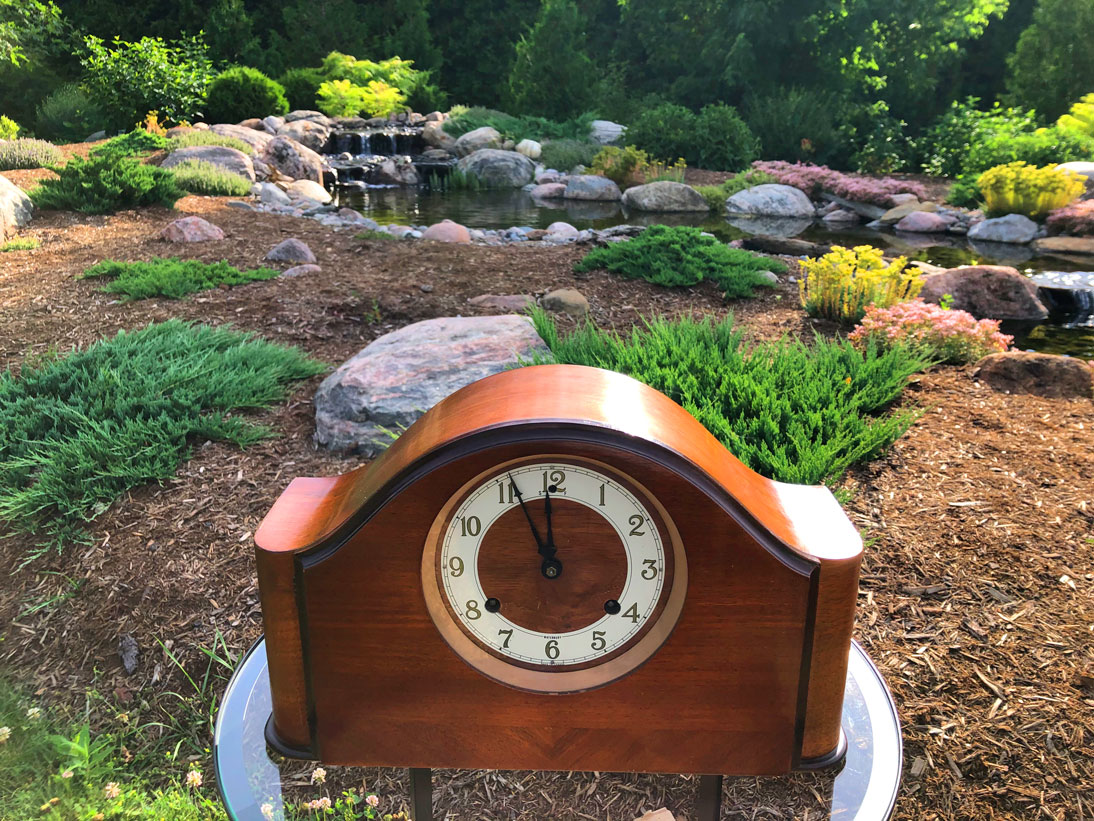
Tick-tick tick-tick tick-tick…
We help people with time (lifetimes across generations) and place (your life place, or bioregion). This is the Legacy Project of our time.
The Legacy Project is an independent systems research, education, and innovation group working to live into a story of 7-Generation Bioregional Earth for the wellbeing of lives, communities, and the planet.
Founded by researcher, educator, and big-picture thinker Susan V. Bosak, the Legacy Project is a millenium baby. It all started with an old clock…
IT'S ABOUT TIME
As a global community, we're facing a polycrisis – converging climate, environmental, economic, political, technological, social, health crises. The challenges affect all generations in the big-picture context of the Long Now – evolved from a past that has become our present that is shaping our future.
Our challenges are too big, our story too small. Our understanding and experience of time is a key factor. It's a significant part of our personal development, as well as our relationships with others and with the world. It fundamentally influences how we think and act, individually and collectively.
Helping children understand time and their place in it is to teach them an important life lesson. They need to know how to tell time, how to be on time, how to manage time to get their homework done on time. So, they need a sense of daily time. They also need a sense of their LIFEtime. They need to think about the life ahead of them, in an uncertain world, to make choices. We also make decisions that affect not only our own future, but the future of our children, grandchildren, great-grandchildren and beyond. How much time do we put into healing our planet? As we get older, we become a model of time lived. We also tend to become more attuned to the natural rhythms of time as we move through sunrises to sunsets, springs to winters. Then, there's all the time that has come before us and all that will come after us – past, present, and future.
Our times are changing – rapidly. Just ask your grandmother or great-grandfather. Our world has changed more in the last hundred years than it did in the previous thousand. The land, air, and water have all become less healthy. The rate of species extinction is increasing. The climate is less stable. We split the atom, probed the psyche, invented plastic and let it spread into every niche of the world, filled billions of pockets with smartphones, and built megacities of concrete. We've changed the way we interact with each other and our planet in profound ways – and our relationship with time.
It's no longer about just what we do now; it's about starting the work that will take the next 200-500 years.
THE CLOCK ONLY TICKS
This is not your grandma's legacy. We bring together three very different perspectives on time. The Legacy Project's core team includes a systems engineer, an economics grad, and a social researcher/educator. We ask a lot of the big questions – like, is time something to be measured, optimized, or experienced?
Susan Bosak's grandmother (who inspired the bestseller Something to Remember Me By) used to say that the clock only ticks. In other words, it's just a mechanical device that makes a noise as it moves to mark time. Whether or not we choose to let the clock rule us is up to us.
If we attend only to the clock, a clock that has in many ways been distorted, we get stuck in what Susan calls the McMoment.
The McMoment is a uniquely modern phenomenon created by the ways in which we've changed our understanding and experience of the speed and span of time.
The ancient Babylonians, in a tradition later adopted by the Greeks and by medieval Christendom, followed the concept of the Great Year, generally used to refer to a 36,000-year cycle, after which history was thought to repeat itself.
Indigenous cultures understand time not as a straight line of "progress," but as a circle of never-ending cycles
– summer to winter, birth to death, one life to another.
But as Maddy Harland, Founding Editor of acclaimed UK-based Permaculture Magazine points out, "We live in a world today that has lost the art of [understanding] time. The more 'developed' we become, the more harassed and 'time poor' our culture becomes. We have lost the long view, the understanding of sustainability over at least seven generations."
The modern world is complex and fast-paced. It's a 24/7 blur of successive short-timespan activities. We experience one superficial, disconnected McMoment after another.
The imperative of the McMoment keeps us in constrained, short-term thinking.
LIFE TIME
Susan's work is personal, as is the origin of the Legacy Project.
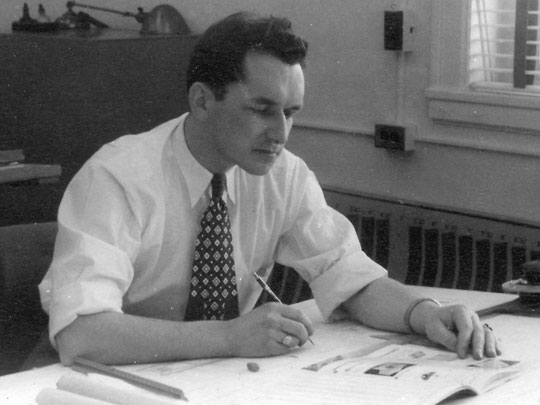 Her father was an architect, and Susan remembers playing in his office as a child. He had a mantle clock ticking on the shelf. Now her father's clock sits in Susan's office.
Her father was an architect, and Susan remembers playing in his office as a child. He had a mantle clock ticking on the shelf. Now her father's clock sits in Susan's office.
Her mother couldn't stand the ticking, so the clock was never used in Susan's childhood home. Susan found it tucked away on a closet shelf when she was packing up the family home on New Year's Eve at the turn of the millennium – a moment of both personal and historical significance.
Susan wound up the clock with the old clock key; it rang in the year 2000, and it now sits in her office, ticking through the days.
Sometimes she doesn't hear the clock ticking at all. Sometimes, it's a steady reminder that every moment counts. And other times it's so loud that she's tempted to pull out the hammer – that's when she neglects to wind it.
That clock connects Susan to both the time of day and the time of her life. It reminds her of both her father and her mother.
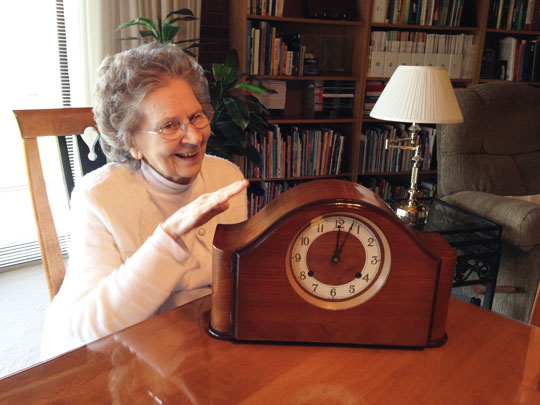 Her mother had dementia. A classic test for dementia is drawing the hands on a clock. Susan's mother could no longer do that – and so she was free from the ticking of the clock. Susan called her mother her Time Teacher. Susan was her caregiver for twelve years. Every one of those days, Susan's mother helped her experience time, and what really matters, in a whole new way.
Her mother had dementia. A classic test for dementia is drawing the hands on a clock. Susan's mother could no longer do that – and so she was free from the ticking of the clock. Susan called her mother her Time Teacher. Susan was her caregiver for twelve years. Every one of those days, Susan's mother helped her experience time, and what really matters, in a whole new way.
As a living embodiment of her mother's legacy, the big question Susan asks in her work is: how do I honour what I've learned? What's worth living for and dying for, in what we do and how we do it every day, day to day, year into year, generation over generation?
The ancient Greeks had two words for time, chronos and kairos. The former refers to chronological or sequential time, while the latter refers to a fertile moment of indeterminate time in which something special happens. It's as if time both stands still and is endless. As a way to communicate that bigger feeling of time, Susan spent five years working with an international team to create the book Dream – and dedicated it to her mother.
#CHANGETHESTORY
We desperately need a much bigger story.
American paleontologist, biologist, and science historian Stephen Jay Gould asked, "What are we missing in trying to read this world by the inappropriate scale of our small bodies and minuscule lifetimes?"
To take on the personal and collective challenges of this moment in history, we need a bigger story that prompts bigger, better thinking. Big-picture, long-term thinking is difficult and rare. We need to make it more accessible and commonplace, to counterbalance the McMoment.
We need a new way to interconnect the dots of ecopsychosocial wellbeing now and into the future. In Indigenous cultures, this means being in right relationship within Natural Law.
Over two decades, we've brought together research
in areas ranging from community building, lifelong learning, and collective healing to systems complexity, ecology, economic value structures, and regenerative design.
Drawing on this multidisciplinary research to make interconnections, we use two dynamics to #ChangeTheStory – intergenerational and bioregional. Both are different ways to experience time. Connections across generations allow us to see time through different eyes, and personally touch other times through our parents and grandparents, children and grandchildren. Grounding ourselves in our place, the land in our bioregion (the place we live our life and which gives us life) connects us into the vast stretches of geologic time. Where did that river come from? How did that mountain appear in the landscape? How are we quite literally animated stardust?
That's the 7-Generation Bioregional Earth narrative we're nurturing, starting in the "place" of the Greater Tkaronto (Toronto) Bioregion and connecting with other bioregions around the planet. We're empowering all generations, through social regeneration (generations in community) and ecological regeneration (community in bioregion), to #ChangeTheStory for ecopsychosocial wellbeing.
YOUR LEGACY ACROSS TIME
It was naturalist John Muir who said, "The clearest way into the universe is through a forest wilderness."
The physical place of the Legacy Project is The Cedars.
Where do you think it's best to plant a young tree: a clearing in an old-growth forest or an open field? Apparently, the young tree grows better when it's planted in an area with older trees. The reason, it seems, is that the roots of the young tree are able to follow the pathways created by former trees and implant themselves more deeply. Over time, the roots of many trees may actually graft themselves to one another, creating an intricate, interdependent foundation hidden under the ground. In this way, stronger trees share resources with weaker ones so that the whole forest becomes healthier.
That's legacy: an interconnection across time, with a need for those who have come before us and a responsibility to those who come after us. Legacy takes time and makes it personal and bigger. Your life multiplied by time equals legacy. What will last and what will it mean?
Legacy at its worst is a burden across time; at its best, it is a gift. Legacy is a rich concept that speaks to time both in terms of the individual and the collective. Legacy unites ego and altruism. It encapsulates the dichotomy between "If I'm not for myself, who will be?" and "If I'm only for myself, what am I?"
Legacy across generations is where the power is – your life story in the context of lives/life on the planet in the even bigger context of lifetimes across generations.
Y/our legacy, the things you/we do and say and think and aspire to every day, is creating the future right now. We don't take that power, that responsibility, seriously enough. Me and we come together in a way that acknowledges the fundamental uncertainty and possibility of life, and the immenseness of eternity.
This is the Legacy Project of our time.
Tick-tick tick-tick tick-tick…
